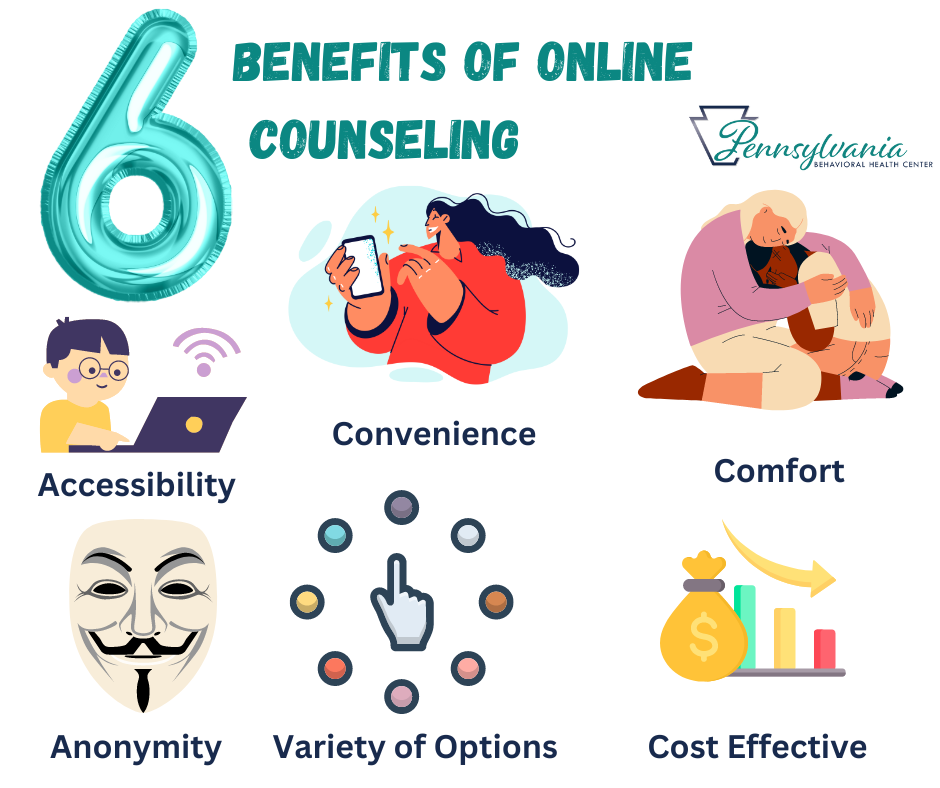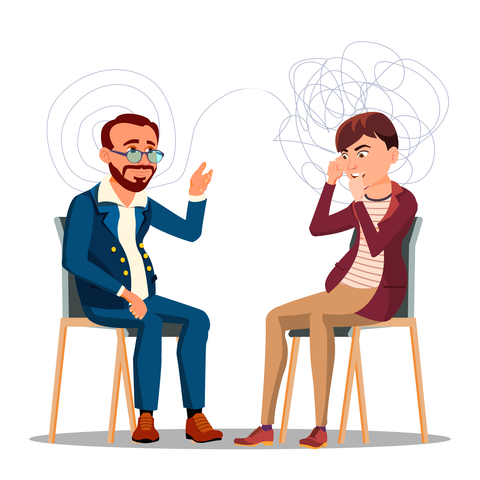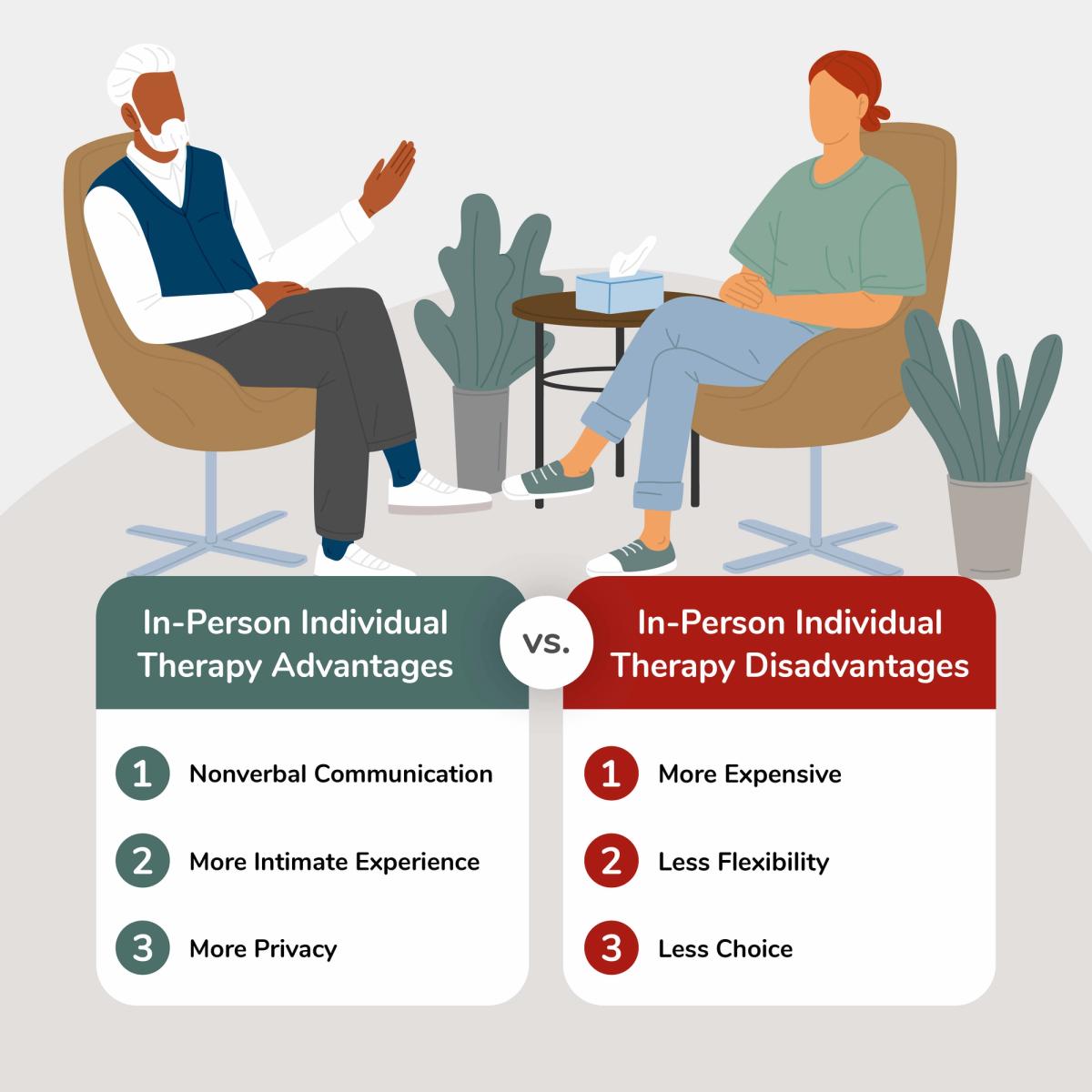Finding Reliable Approaches With Mental Therapy for Teenage Challenges and Success
Psychological treatment functions as a crucial source for teenagers facing various challenges throughout their developmental years. By resolving problems such as peer stress and scholastic stress and anxiety, treatment furnishes teenagers with necessary coping methods. Furthermore, healing methods like cognitive-behavioral therapy play a vital duty in cultivating emotional resilience. Nevertheless, the impact of adult involvement in this process continues to be a vital element. What transformative modifications do these synergies absolutely yield for teenagers traversing their complexities?
Understanding the Relevance of Mental Treatment for Teens
Many teens face a myriad of emotional and emotional obstacles, the relevance of mental treatment often remains underappreciated. For teens navigating the turbulent change to their adult years, treatment works as a necessary resource for developing coping techniques and developing resilience. Mental health and wellness professionals provide a secure room for teenagers to share their feelings, promoting self-awareness and understanding. This restorative atmosphere motivates open dialogue, enabling young adults to confront their anxieties, fears, and self-esteem concerns without judgment.
In addition, mental therapy can aid teenagers learn important skills, such as problem-solving and emotional regulation, which are essential for handling anxiety and social relationships. By participating in therapy, teens can also get understandings right into their actions and thought patterns, encouraging them to make enlightened decisions. Inevitably, mental therapy is not just a support system; it is a foundational aspect in promoting the overall well-being and growth of young adults throughout a considerable period of their lives.
Typical Adolescent Difficulties Dealt With by Therapy
As teens browse the intricacies of adolescence, they frequently encounter difficulties that can considerably affect their emotional and mental well-being. Usual concerns include peer pressure, which can cause anxiousness and tension as they seek for acceptance. In addition, identity exploration during this duration might lead to feelings of complication or reduced self-confidence. Academic stress also weigh greatly on lots of teens, triggering distress as they balance the assumptions of school and extracurricular tasks.
Additionally, family characteristics can influence a young adult's psychological state, specifically during times of dispute or adjustment, such as divorce. Mental health problems, consisting of depression and stress and anxiety problems, are prevalent and can impede a teen's capacity to manage day-to-day live. Therapy works as a vital source, aiding adolescents deal with these difficulties by giving a secure room to discover their feelings, establish self-awareness, and discover efficient coping approaches customized to their unique experiences.

Restorative Strategies for Structure Coping Skills
Therapeutic methods for developing coping skills equip teenagers to handle their psychological and mental difficulties properly. One widely made use of method is cognitive-behavioral therapy (CBT), which assists teenagers recognize and reframe adverse thought patterns, thereby fostering resilience. Mindfulness practices, such as meditation and deep-breathing exercises, encourage present-moment awareness, decreasing stress and anxiety and improving emotional policy.
An additional method entails role-playing, permitting teens to practice reactions to tough circumstances in a risk-free environment, which can enhance their self-confidence and problem-solving capacities. Art and songs therapy additionally give innovative outlets for expression, enabling teens to refine their feelings constructively.
In addition, journaling can function as a reflective tool, permitting teens to track their emotions and identify triggers. Individual Teen Counselling. Generally, these therapeutic techniques outfit teenagers with practical abilities to browse the complexities of their developing phase, promoting individual growth and psychological wellness
The Duty of Parental Assistance in Therapy
How can parental assistance enhance the effectiveness of therapy for young adults? Research study shows that when parents actively engage in their young adult's therapeutic procedure, the end results can be greatly enhanced. Adult participation fosters a feeling of security and understanding, allowing young adults to feel even more protected in resolving their difficulties. This investigate this site assistance can manifest in numerous ways, consisting of participating in sessions, interacting freely regarding sensations, and enhancing coping techniques in the house.

Success Stories: Transformative Outcomes of Psychological Treatment
Adult assistance plays a substantial function in improving therapeutic end results for young adults, leading the way for amazing success tales in mental health treatment. Numerous adolescents have actually arised from treatment with enhanced emotional resilience, better coping mechanisms, and a boosted feeling of self-regard. For example, one teenager battled with anxiety that affected their academic efficiency and social communications. With the backing of their moms and dads and regular treatment, they developed approaches to handle stress and anxiety effectively, inevitably bring about better Click This Link grades and restored friendships.
An additional success story entails a young individual battling depression. With the advice of a mental wellness steadfast and specialist parental encouragement, the teen learned to reveal feelings and involve in favorable tasks. Because of this, they transformed their overview on life, fostering ambitions for the future - Individual Teen Counselling. These narratives highlight the extensive effect of psychological treatment, showcasing exactly how support and efficient approaches can lead to transformative end results for teenagers encountering challenges
Often Asked Questions
How Can I Identify if My Teen Requirements Therapy?
Indications that a young adult might need treatment consist of persistent sadness, withdrawal from social tasks, drastic mood changes, decreasing academic performance, and expressing feelings of despondence. Observing these habits can suggest the requirement for expert assistance.
What Is the Regular Period of Treatment for Teens?
The common duration of therapy for teenagers varies, site here usually varying from 6 months to a year. Variables affecting this consist of the individual's certain obstacles, restorative objectives, and the development made during sessions.
Are Online Therapy Procedure Effective for Teenagers?
Online therapy sessions can be reliable for teenagers, providing comfort and ease of access. Lots of researches indicate that virtual sessions provide similar advantages to in-person therapy, fostering interaction and interaction, which are vital for adolescent psychological health and wellness support.
Just How Much Does Teen Mental Treatment Typically Expense?
Teen mental treatment costs normally range from $50 to $250 per session, depending on the specialist's experience and location. Insurance insurance coverage may lower out-of-pocket costs, making treatment much more available for family members looking for assistance.
Can Therapy Be Unsafe for Some Teens?
Therapy can be harmful for some teens, particularly if they feel misconstrued or unsupported. Negative experiences may occur from inadequate therapist suits, inappropriate techniques, or unsettled injury, potentially causing increased stress and anxiety or distress as opposed to healing.
